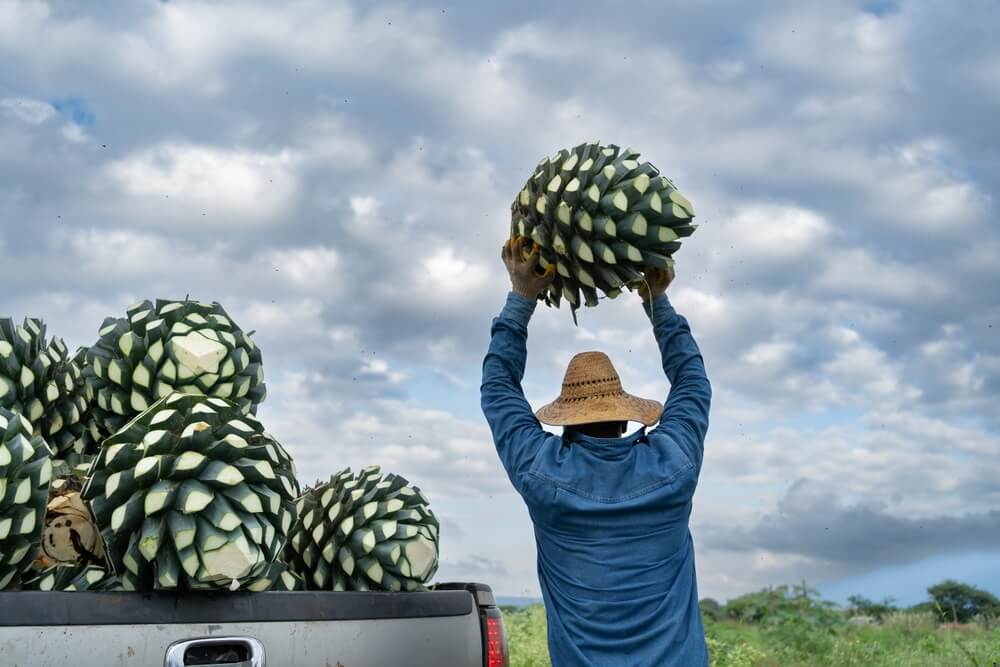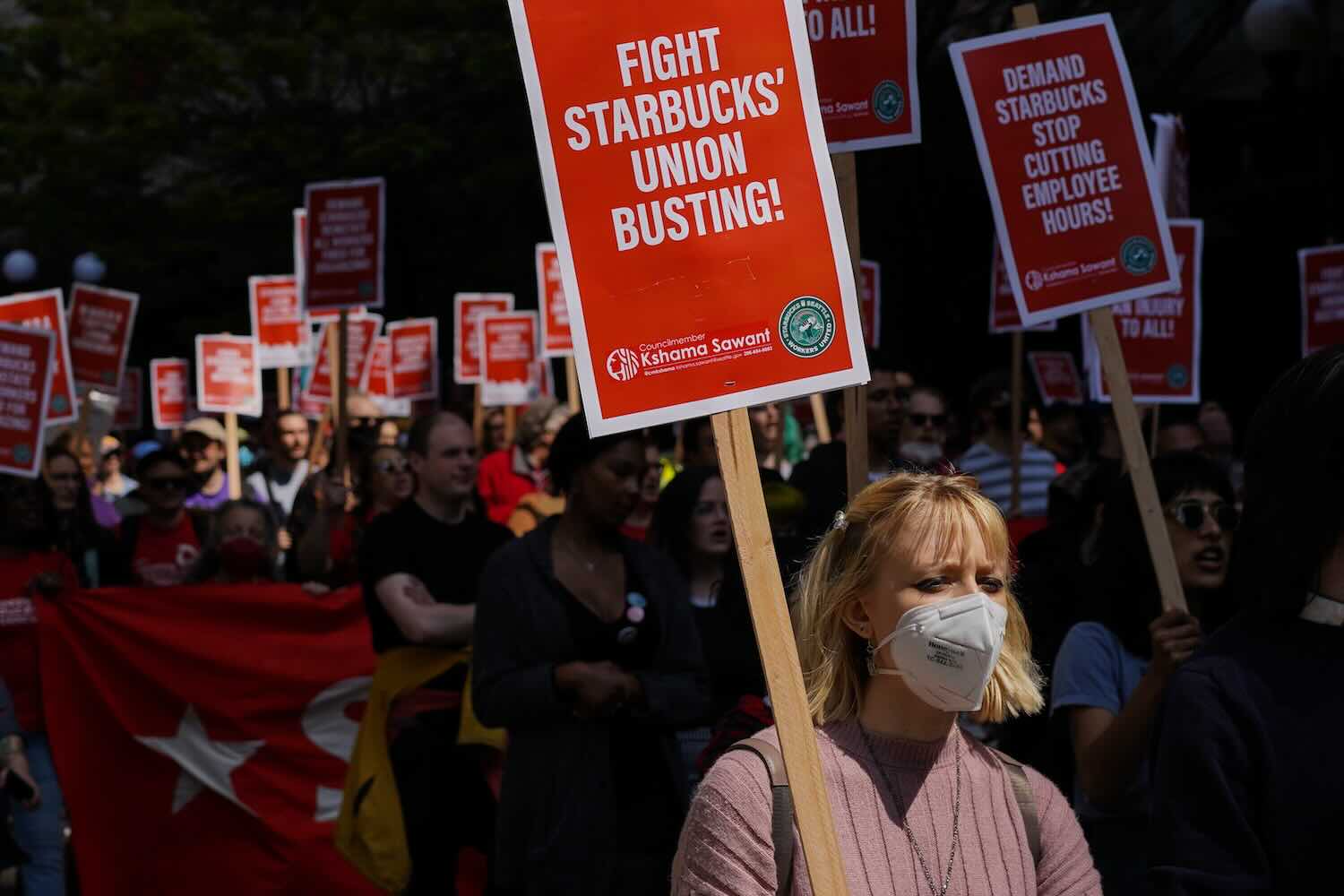ImpactAlpha, March 20 – Global finance is not keeping up with the urgent challenge of decarbonizing the economy and helping communities adapt to the rapidly changing climate. That’s one reason why we look forward each year to the Global Innovation Lab for Climate Finance’s latest batch of creative ideas.
The investor-led initiative, managed by the Climate Policy Initiative, runs an annual competition for innovative finance models and selects a half-dozen or so ideas that it then helps develop and commercialize. This year’s six winners are working on solutions for transitioning degraded lands in Brazil to supporting climate startups in Africa. The cohort represents the Lab’s new focus on gender equity.
Many of the models are intended to be broadly replicable.
Affordable, green homes in Africa
Africa has a 50 million shortage of homes, a situation that will only grow worse with urbanization, population growth and climate change. Social Infra Ventures plans to build small-scale, mixed communities in Africa’s secondary cities to reduce commute times and avoid ghetto sprawl.
The venture will offer rent-to-own units to lower income and vulnerable groups, including migrants and women. “We hope to achieve a paradigm shift in the sector by offering green, climate resilient housing for low-income families which considers the needs of women in particular,” says Anna Vilarrubi of SIV.
Vilarrubi and the SIV management team hail from Mixta Africa S.A, a real estate developer that has built more than 13,000 affordable houses across North and West Africa. With partner Cardano Development, an incubator and fund manager, they are planning a first pilot in Morocco.
Sustainable agriculture in Brazil
The Vox Vert Land Use Transition Fund aims to transition degraded land into sustainable agriculture use in the Brazilian Amazon and Cerrado regions. The private credit fund combines a credit line with attractive rates, a technical assistance facility, and an income transition guarantee.
The fund’s developers, Brazil-based Vert Capital and Vox Capital, say they will focus on pasture recovery, sustainable livestock, integrated systems, agroforestry, and bioeconomy.
Credit for climate
In India, the Impact Financing Facility for Climate Focused Social Enterprises, will support small and early stage social enterprises addressing climate and other social issues. The blended finance fund combines technical assistance and shorter credit cycles to help entrepreneurs build credit scores and access funding from traditional financial players.
“Villgro sees blended finance as a crucial step towards improving access to finance to social enterprises developing innovative climate solutions,” says Vibha Sharma of Villgro, the Indian incubator leading the fund. Potential examples: clean energy-powered farming, waste-to-value technologies that reduce waste, and sustainable agriculture practices saving water and land use.
Startup ecosystem
Catalyst Impact Partners and BFA Global are standing up an impact fund and accelerator to catalyze a stronger ecosystem of climate adaptation innovations. The fund will invest in pre-seed climate adaptation startups led by local and women entrepreneurs that improve the resilience of vulnerable communities in Africa. The Catalyst Climate Resilience Fund aims to improve resilience for 20 million individuals by 2030 and mobilize an additional $100 million in co-financing from other investors.
Other winners include the Climate Resilient Landscape Finance by microlender Platcorp and the Emerging Market Sustainability-Linked Loan Fund by Lendable.
Since it launched nine years ago, the Lab has developed more than 60 solutions that have gone on to mobilize $3.5 billion for climate action in emerging markets.











